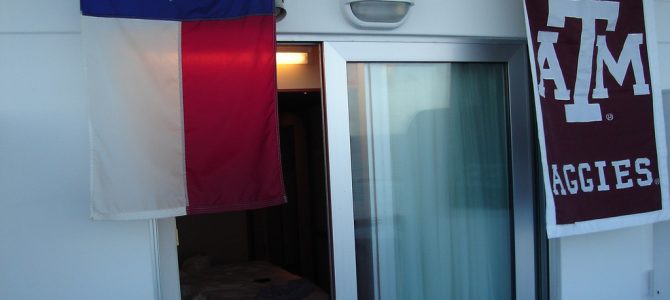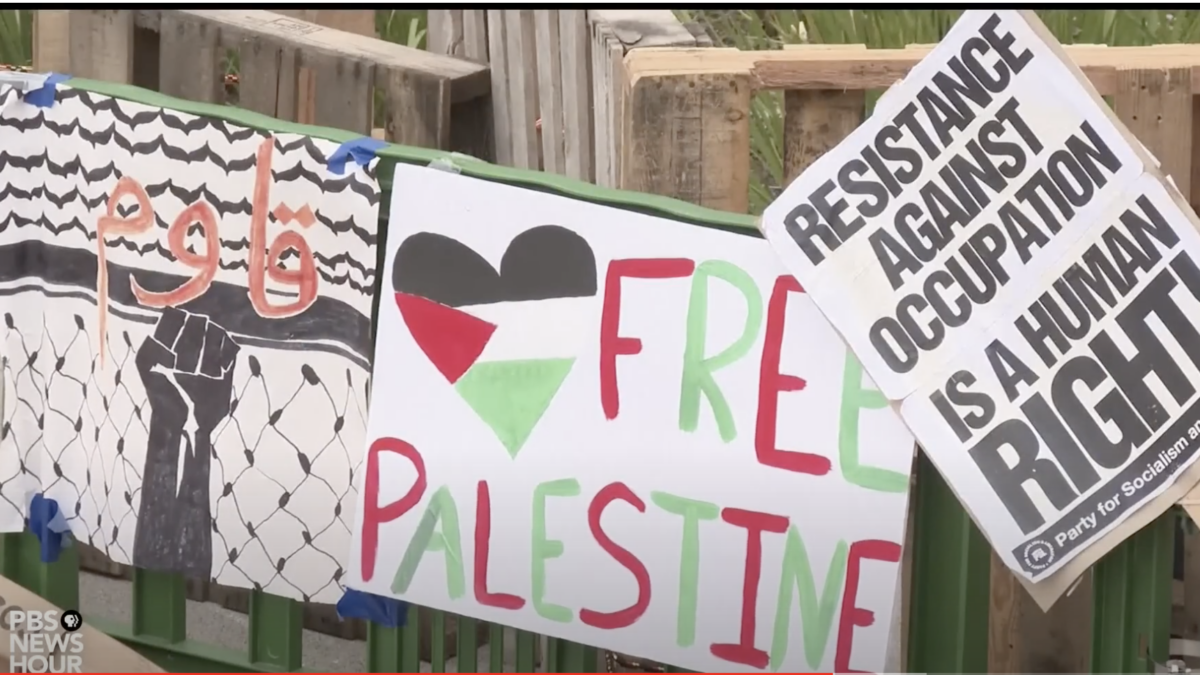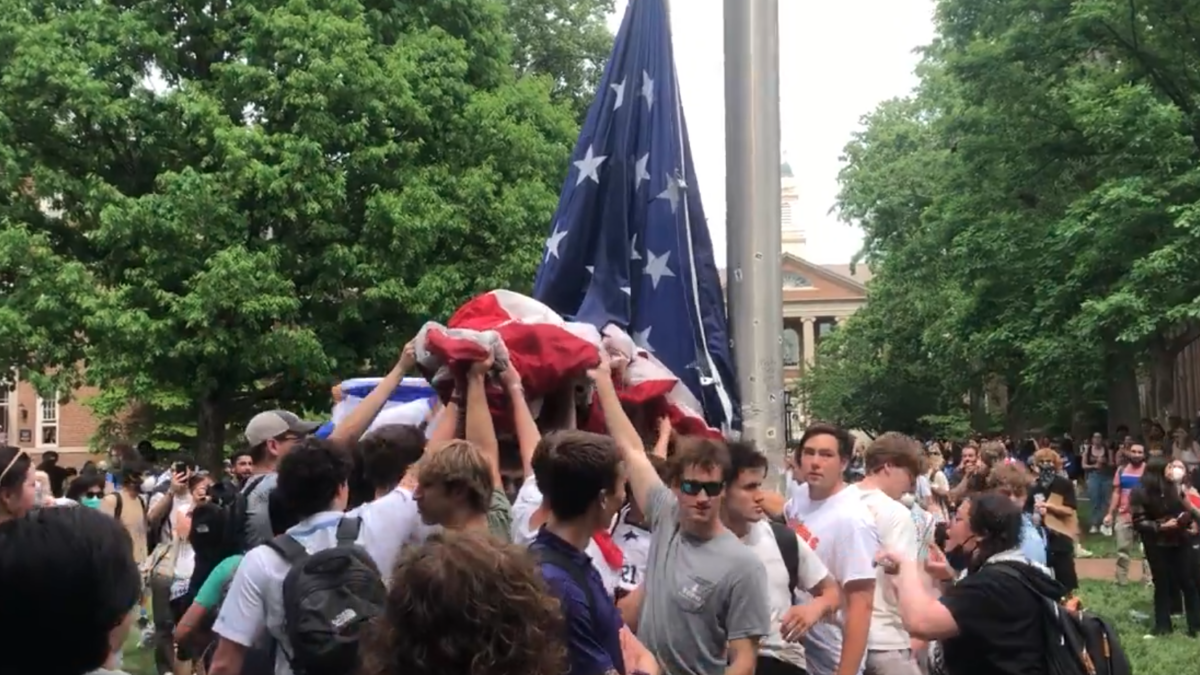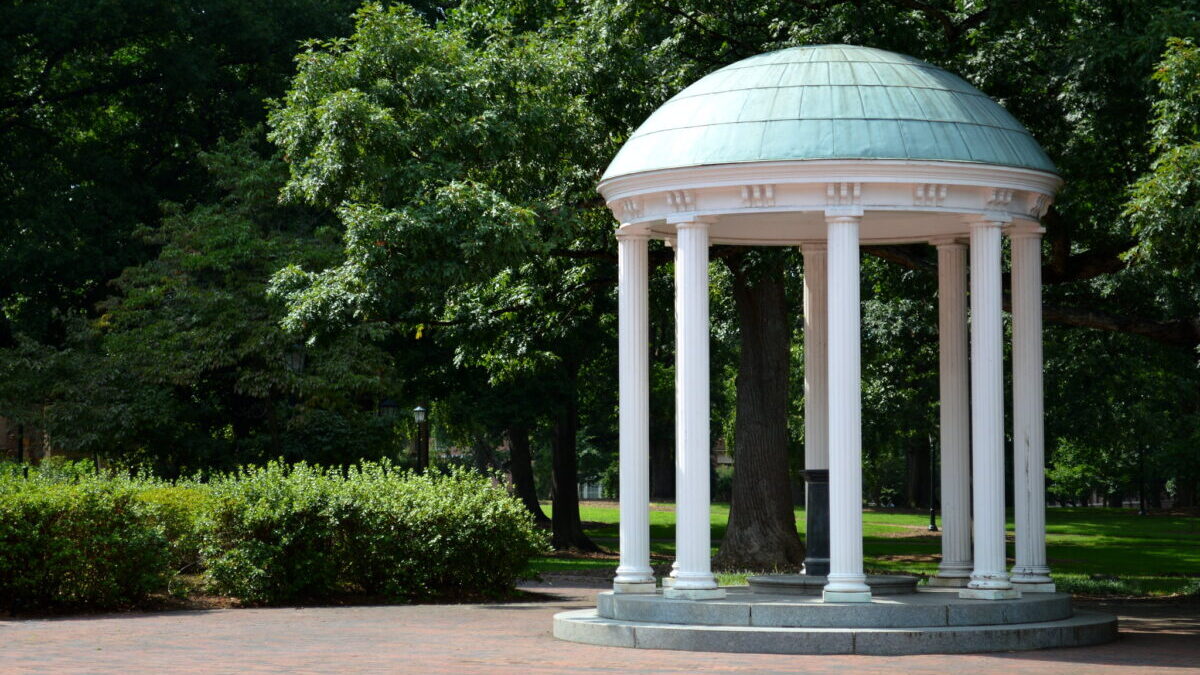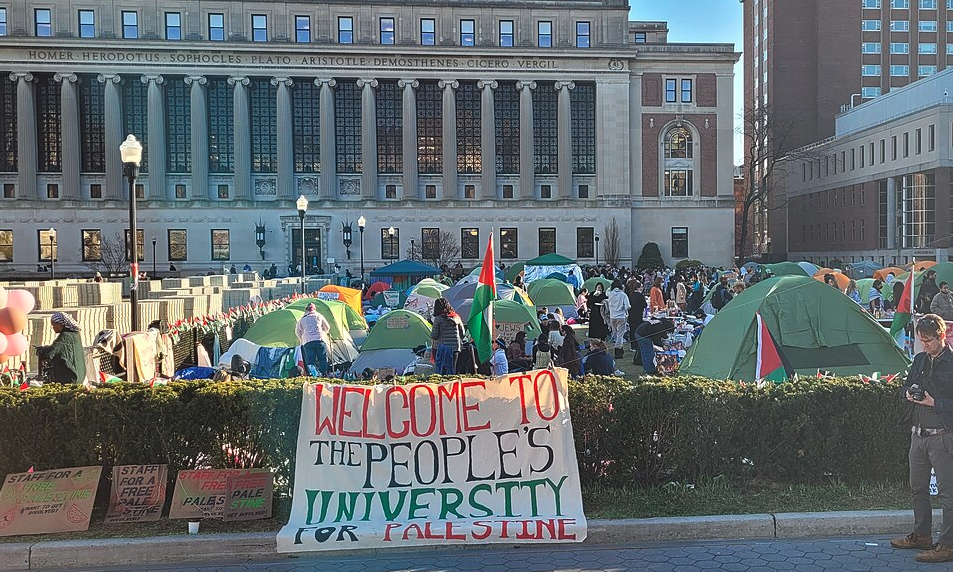This month, the candidate who resoundingly won the election for student body president of Texas A&M University was subsequently disqualified by a student court. His campaign included political advertising, such as a Facebook video that featured some glow sticks participants picked up for free at an unrelated event on campus. The glow sticks cost nothing, until they cost the winner his presidency.
Rather than accept the winner, someone filed an anonymous complaint about the glow sticks, claiming the winner failed to include these free items on his campaign finance reports. The student-run judicial court decided that failing to disclose the cost of free glow sticks was so serious a violation of the Student Government Association’s (SGA’s) election code that it merited postelection disqualification. They then handed the win to the man who had lost.
Schools encourage participation in extracurricular activities to create teachable moments that are unavailable in the classroom. The administration, faculty, and students involved with the SGA at Texas A&M are facing such a moment now. The spirit and character for which Aggies are renowned is being rightfully questioned in light of this coup d’état masquerading as an “election.”
Life is unfair, and the teachable moment might be to accept this incorrect and childish decision. But acquiescence has very serious consequences. This event demonstrates how student committees wield absolute power, including the disqualification of any candidate for any elected student office for any reason, depriving the rest of the student body the right to elect their representatives.
Who Cares About Rules When You Have Power
Sadly, this story is common among public universities around the country: Student governments subvert the due process rights of students in pursuit of preferred outcomes. Meanwhile university administrators dodge oversight responsibilities by insisting that students regulate their own affairs.
Ironically, the same administrators who plead helplessness when a candidate is arbitrarily disqualified would instantly block any SGA rule that defined candidate eligibility by personal characteristics. Are they concerned for civil rights, or Title IX tax dollars?
The reason for the disqualification in this case—failing to report free material as a campaign contribution or expenditure—blatantly violates the First Amendment right to political speech. If candidates have to disclose free glow sticks that are not specifically donated to a campaign, the possibilities for disclosure violations are limitless, further reinforcing the arbitrariness of the student court’s absolute power.
Students Have the Same Rights All Americans Have
A real court, one that knows a thing or two about electoral rights and free speech, would not look kindly on this election, and just might have a chance to weigh in. The SGA at A&M is a subpart of the state of Texas because the SGA receives funds from a public university that receives both state and federal funds. Each student also pays mandatory fees that the university collects, a portion of which goes to the SGA. Every student is entitled to vote in all student elections for positions of student body president, yell leader, and other class officers.
Consequently, both student voters and office seekers have rights protected by the U.S. Constitution and civil rights laws. Among those rights are the right to political speech, to vote for your candidate, and for the winning candidate to take office. The deprivation of those rights may give rise to a civil rights claim for which those acting under color of state law may be individually liable.
The SGA is guided by faculty who, with more experience and education, are supposed to guide students away from situations that could create serious civil liabilities and penalties for the students and university alike. This is the teachable moment for all members of Texas A&M. Civil rights are to be defended. The rights to free speech and fair elections must be protected. The spirit and character of Texas A&M cannot be guarded, cherished, and demonstrated without them.
